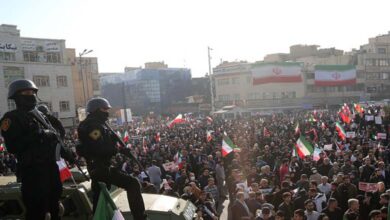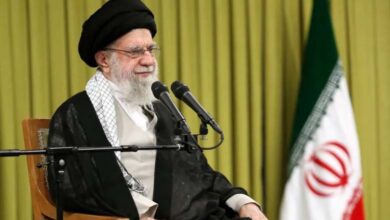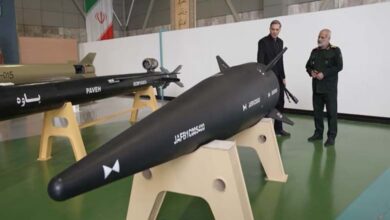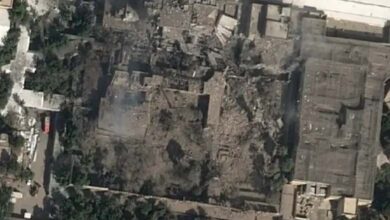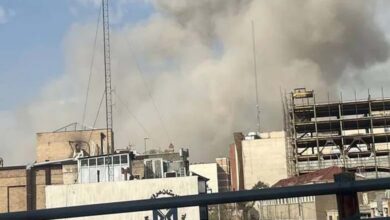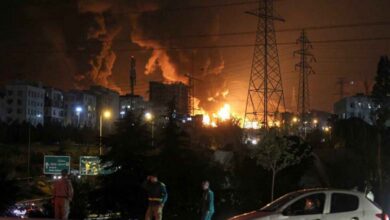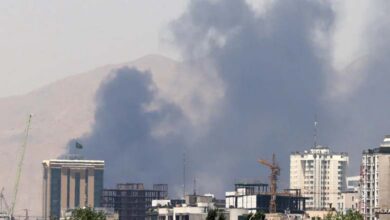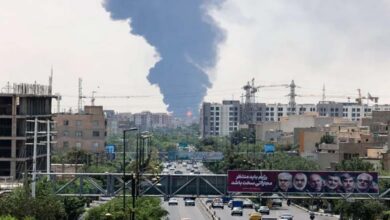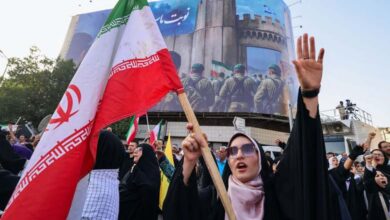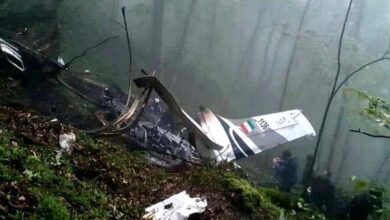Iran – Mullahs lose battle against people, new international sanctions threaten regime stability
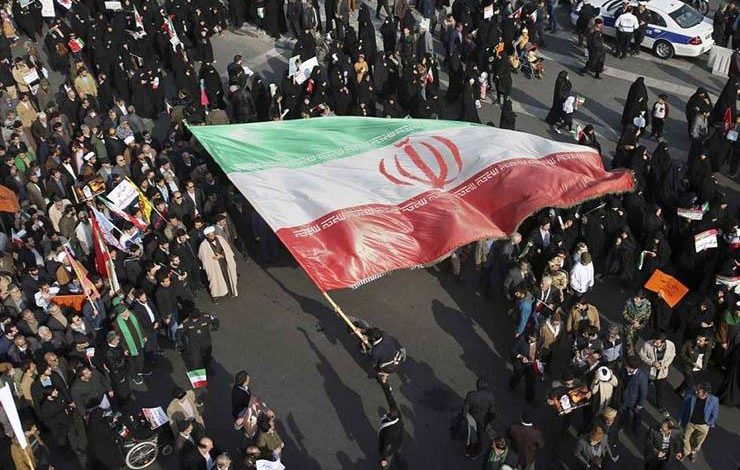
Since popular protests erupted in Iran over the killing of the girl Mahsa Amini by Iranian morality police forces, the security situation has become increasingly difficult, with the mullahs’ forces resorting to brutality against demonstrators, insisting on forcibly dispersing protests and demonstrations, and, more recently, Iranian security forces clashed with students at a prominent university in Tehran, according to social and government media, protests that began at Masha’s funeral on 17 September in the Kurdish town of Saqqez, gradually becoming the largest opposition movement to the Iranian authorities in years, with many calling for an end to more than four decades of mullahs rule.
Bullets and fire
Video footage published by the British newspaper The Guardian showed security forces firing tear gas to remove students from the university campus. In the background, shots were fired from a distance, while another video showed security forces chasing dozens of students trapped in an underground parking lot at the university, where dozens of students were arrested. Iranian official media described “reports of clashes” at the university and said that the Iranian Minister of Science visited the campus to check on the situation, where students were protesting in several universities yesterday, Sunday. Demonstrations were organized in several cities such as Tehran, Yazd, Kermanshah, Sanandaj, Shiraz and Meshhed, where participants chanted “independence, freedom and death to Khamenei”, as well as previous posts on social media showed.
The protests have not subsided despite a rising death toll, repression by security forces using tear gas, batons and, in some cases, live ammunition, according to social media videos and rights groups. “So far 133 people have been killed across Iran,” the Norwegian-based Iran Human Rights Organization said in a statement, including more than 40 who it said were killed in last week’s clashes in Zahedan, the capital of southeastern Sistan-Baluchistan province.
It added: The Iranian authorities did not announce the death toll, while saying that many members of the security forces were killed by “rioters and thugs supported by foreign enemies”. State television said last week that 41 people were killed, including members of the security forces. The Iranian Supreme Leader, Ayatollah Ali Khamenei, did not comment on the protests that took place across the country, which spread to 31 Iranian provinces, with the participation of all classes of society, including ethnic and religious minorities.
Mullah snipers
For his part, Sunni leader Abdul-Hamid Ismail Zahi accused the security forces of targeting demonstrators through the deployment of snipers in marches in the city of Zahedan. He said in a message on Instagram: “The special Revolutionary Guard forces opened fire on young people and teenagers on Friday,” according to the London-based Asharq Al-Awsat newspaper. Ismail Zahi pointed out that “the government forces responded by firing live bullets at young people who threw stones at a police station.” He added that “most of the bullets were fired on the heads and hearts of worshippers, and it was clear that they were snipers.” Ismail Zahi denounced what happened as a “disaster” and a “great injustice”, and revealed that “security officers in civilian clothes fired at the people who were on their way back to the newspaper” in the capital Tehran for allegedly not adhering to strict Islamic dress code.
New sanctions
In the same context, Germany, France, Denmark, Spain, Italy and the Czech Republic have submitted proposals for the European Union to impose new sanctions on Iran to suppress protests on women’s rights, the German magazine “Der Spiegel” reported Monday, quoting sources, and added that the proposed sanctions target 16 individuals, organizations and institutions mainly responsible for suppressing nationwide protests sparked by the death of a young man in detention. According to Reuters, those proposing sanctions aim for EU foreign ministers to make a decision on them at their meeting on October 17, with no resistance expected from the bloc’s members. German Foreign Minister Annalena Baerbock said on Monday that Tehran’s repression of protests is “an expression of absolute fear of education and the power of freedom” and promised sanctions. She wrote on Twitter, “It is also difficult to bear the fact that our foreign policy options are limited, but we can amplify their voices, spread propaganda, make accusations and sanctions, and this is what we do.”


